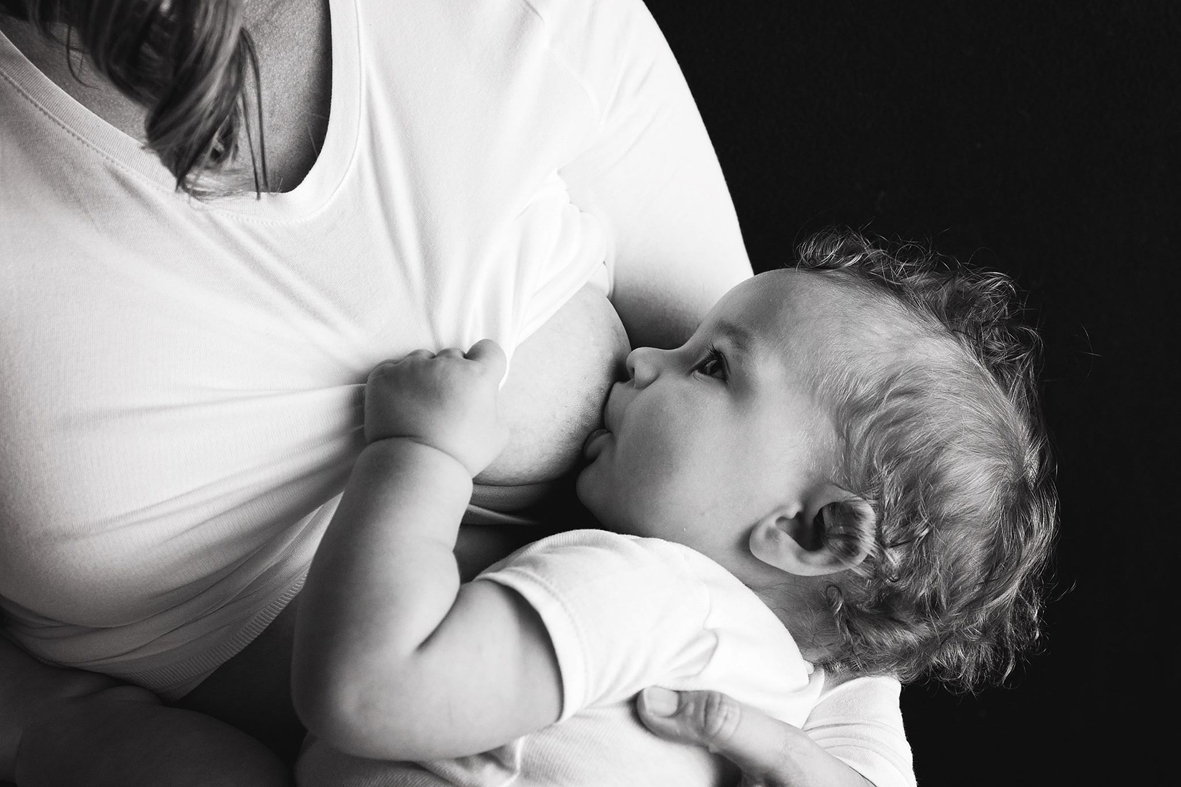
20 Feb Paid Parental Leave must support Australian mums to breastfeed
The Australian Breastfeeding Association (ABA) has released its much-anticipated Position Statement on Paid Parental Leave.
The Australian Breastfeeding Association says it’s crucial to consider how Paid Parental Leave (PPL) can support you and your newborn, especially when it comes to breastfeeding. The Australian Breastfeeding Association (ABA) has released a statement highlighting the importance of PPL in facilitating and sustaining breastfeeding for Australian mothers.
Breastfeeding facts
- Mums want to breastfeed their babies. In Australia, more than 95% of mothers start breastfeeding their babies, but 30% of babies are given formula before leaving hospital, breastfeeding is undermined, and by 6 months of age only 15.4% of babies are still exclusively breastfed.
- Breastfeeding is vital for the health of babies and has significant protective health benefits for mothers.
- Breastfeeding reduces the risk of infections5 and SIDS6 in babies, and overweight and obesity as babies grow.
- Breastfeeding reduces the costs of hospitalisation of babies and young children due to gastrointestinal illness, respiratory illness, otitis media, eczema, and necrotising enterocolitis.
- Breastfeeding reduces the risk of breast and ovarian cancer, diabetes, and cardiovascular disease in women.
The World Health Organization recommends exclusive breastfeeding for babies to 6 months of age, and then for breastfeeding to continue alongside suitable complementary foods for up to 2 years and beyond. Exclusive breastfeeding means that the baby receives only breastmilk. No additional food or drink are given, not even water.
Australia’s National Health and Medical Research Council (NHMRC) recommends exclusive breastfeeding for around 6 months and then for breastfeeding to continue alongside complementary food until 12 months of age and beyond, for as long as the mother and child desire
Here are the key points from the ABA statement:
- Support for breastfeeding: Ensuring mothers have the time and resources to recover from birth and establish breastfeeding in the early weeks after birth is essential for the health and well-being of both mothers and babies.
- Gender equality: Acknowledging the importance of sharing care responsibilities between parents, while recognizing that breastfeeding, as a form of reproductive work, presents unique challenges that cannot be directly redistributed to fathers or partners.
- Policy recommendations: Advocating for policies that provide adequate paid maternity leave for mothers to establish breastfeeding, as well as shared parental leave options to support continued breastfeeding or return to work.
- Payment level: Suggesting an increase in PPL payments to better align with international standards and support mothers financially during their leave.
- Superannuation: Addressing the impact of motherhood on the superannuation gender gap and proposing measures to ensure financial security for mothers during maternity leave.
- Assessment of policies: Emphasizing the importance of evaluating policies, including PPL schemes, to ensure they do not undermine breastfeeding initiatives and support women’s ability to breastfeed.
The Australian Breastfeeding Associations position statement on Paid Parental Leave can be found here.

